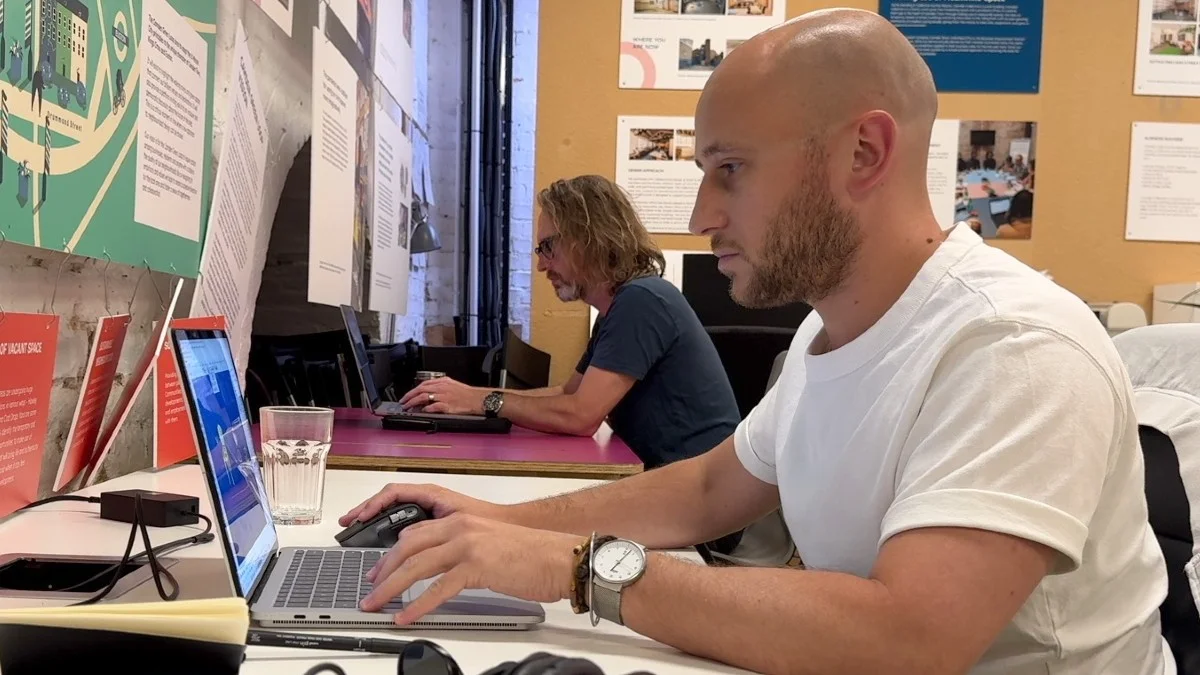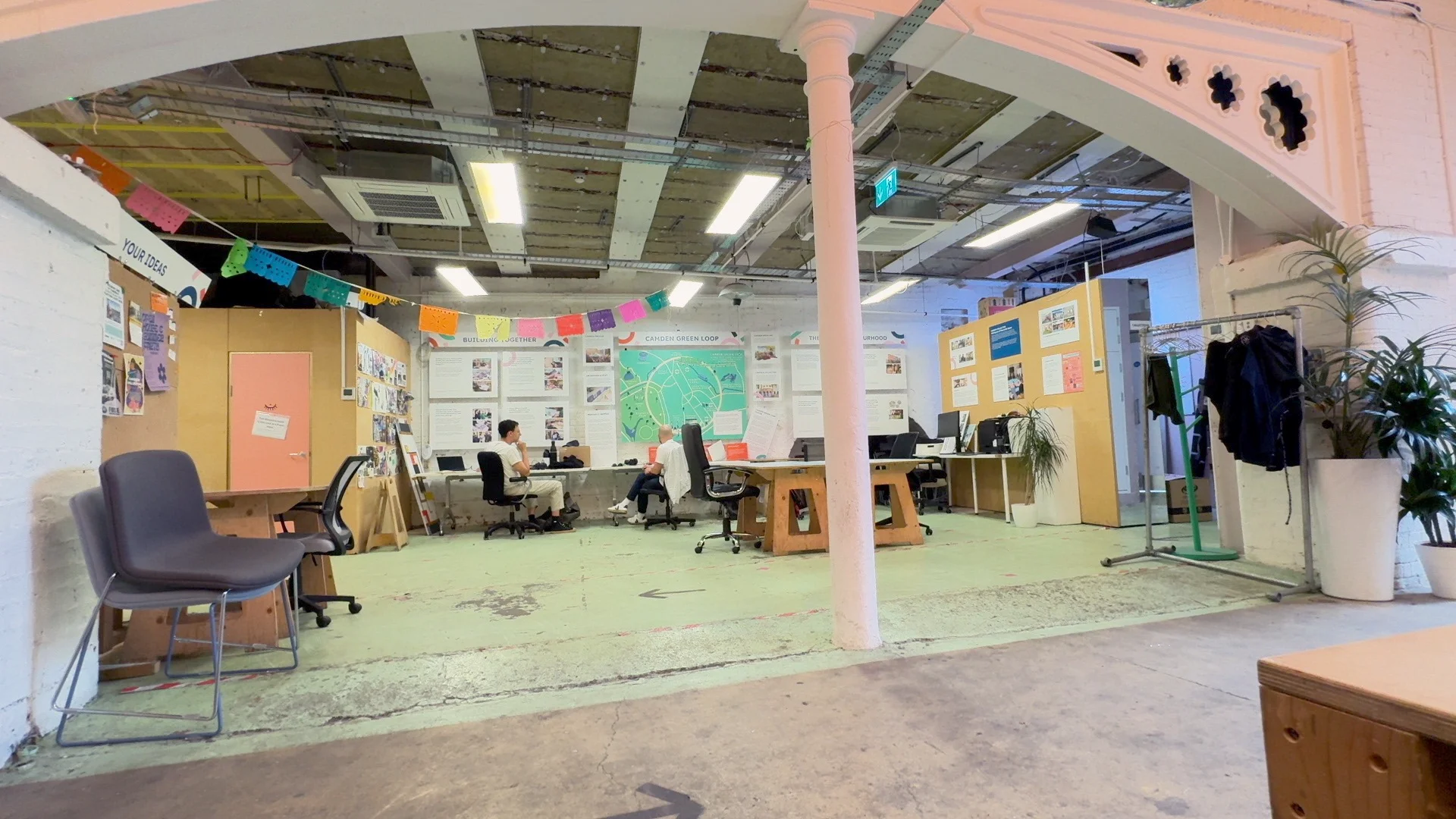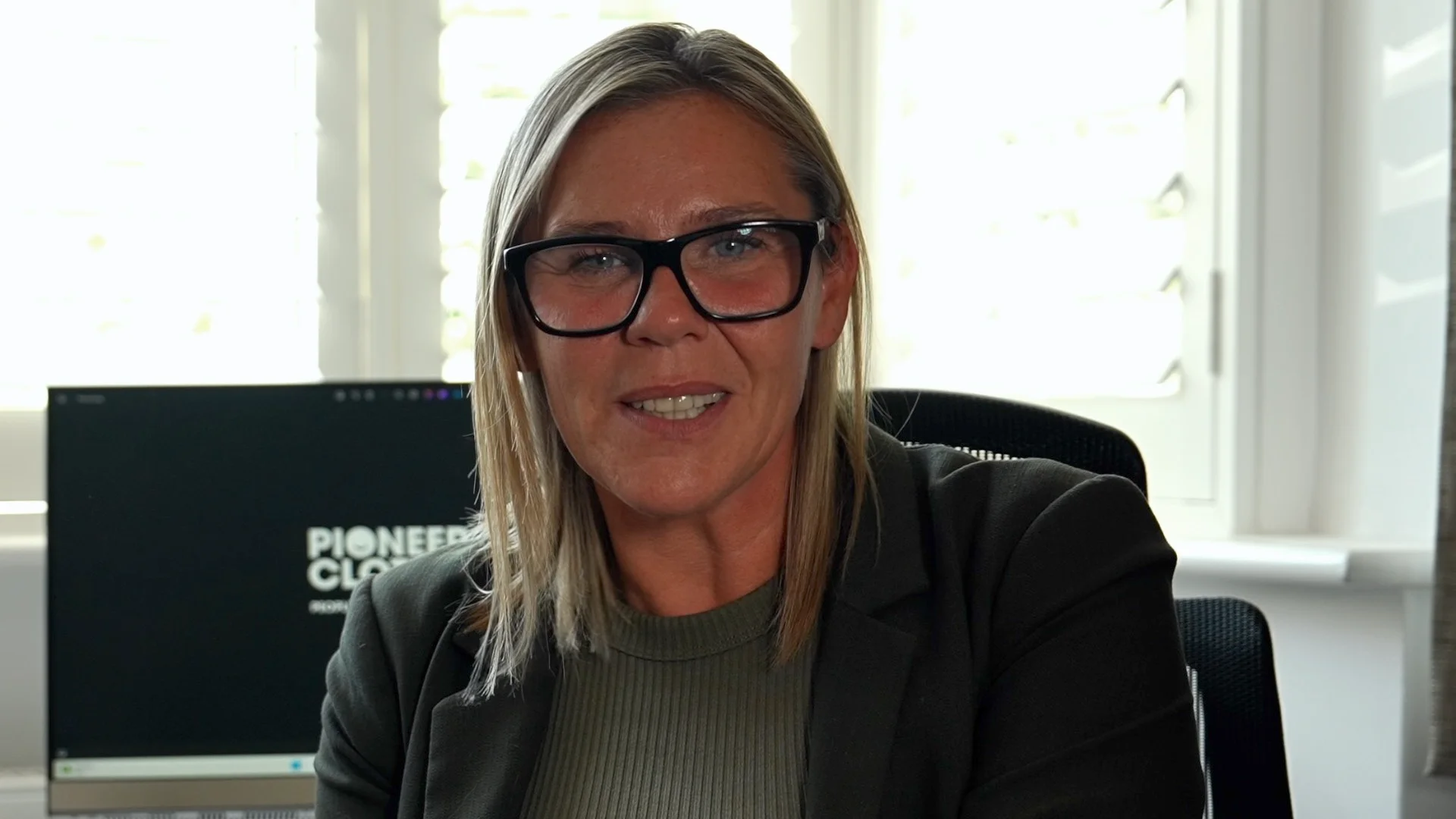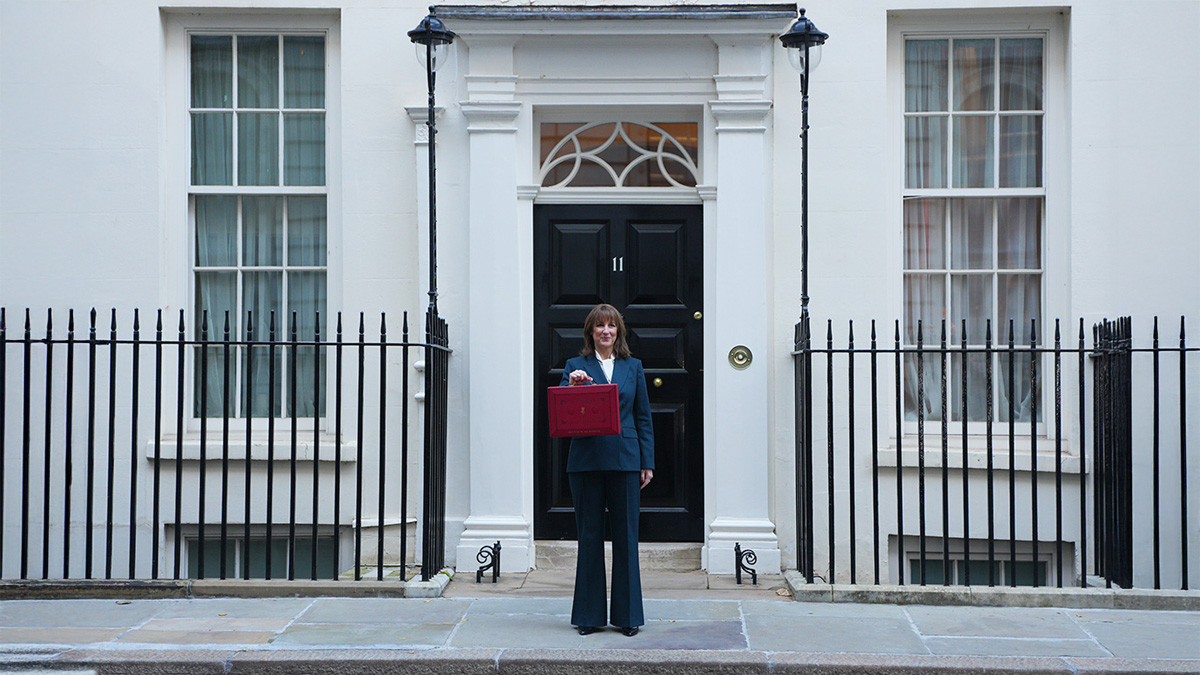
The pandemic lockdowns taught businesses that the technology and infrastructure are there for people to work remotely. However, some businesses have questioned whether this compromises efficiency and company identity.
The question is particularly acute for start-up founders because they need to define their work culture early - while fighting for survival.
So what are the benefits for start-ups of taking the ‘physical’ or ‘fully-remote’ options? We sought out two sets of start-ups who have taken each route.
The first group of ‘in-person, in-office’ start-ups we found at The Camden Collective co-working space in north London. It has just recruited a new crop of start-up founders with businesses focused on sustainability. They pay a subsidised rate to show up. What do they get out of being in person?

For Jade Batstone, it’s a great way to build a relationship with her new co-founder Eddie Gillow, who she has only recently met. The pair have created a start-up to disrupt the energy sector, looking at issues like energy optimisation in data centres.
“For the past two years I worked in a fully remote company,” says Batstone. “Compared to that, I’m already seeing the massive benefits of being day-to-day in person with my new co-founder, we're able to build so much more trust.”
It also makes them faster, adds Gillow, a former civil servant.
“It's super important I think for us to move really fast and move quickly,” he says. Being able to work side-by-side on their laptops is quicker than doing things by video calls from their respective kitchens, he reckons.

Next door to them in the co-working space is Amy Guthrie of Oshun Labs, a start-up with four people, working in the women’s health space. “We can bounce ideas off each other,” she says.
Of course, you can do that remotely by messaging, but it feels less natural.
Another start-up employee in the Camden space makes a more practical point. Having a physical location means companies can do things like receive deliveries and store equipment, says Robin de Kretser, who works for Think & Do, a community events company.
On top of that, he was personally tired of working from home, or even from cafes – both can be socially isolating, he found.
But one problem for start-ups is that they want to recruit the best talent. Founders who determine that their teams must meet regularly in person risk restricting their talent pool because many people expect to be able to work remotely these days.
For example, a recent poll by e-learning company Skillshub found that more than a third of employees view any sort of mandatory in-office policy to be a negative against their employer.
It found that 43 per cent of employees would consider quitting their job if full-time return-to-office was made mandatory, with a further 23 per cent strongly considering it.
Another recent workplace survey by Great Places to Work found that flexible work makes employees 14 times less likely to quietly quit than those without such options, while remote employees are also 27 per cent more likely to look forward to work.
There are certainly some clear benefits for start-up founders who decide to satisfy this urge and opt for a fully remote team from the outset.
Mary Jane Pettit is the founder and CEO of the sustainable athleisure brand Pioneer Clothing – which just started this summer.

Pettit is based in Berkshire and has 9 employees who all work remotely, including one from Hong Kong.
“As a start-up, we wanted to cut our overheads down,” says Pettit.
“But most importantly, we didn't want to limit ourselves to the applicants available. By being international, so to speak, we could find the people with the right skillset.”
Of course businesses who want an in-office culture must restrict themselves to potential employees who can make the journey into work – this is a practical constraint that shrinks the talent pool.
Pettit believes that remote working is better for employees’ mental health overall and better for their pockets because they don’t pay to commute. She also thinks her staff can work more efficiently this way.
Being fully remote also means people can join the team without relocating their personal lives. But that’s not to say there aren’t any real-life interactions to bond the team.
“Cutting our overheads means that when we do actually get together, which at the moment is normally every two months, we can have some fun,” says Pettit.
She recently took her team to Ascot for the races and a Formula 1 event.

The issue of remote working continues to be contentious at businesses of all scales.
For example, when the new boss of Starbucks was reportedly allowed to work from California rather than headquarters in Seattle as part of his joining terms, this led to criticism in the press of an “unusual perk”. Was he failing to lead by example, in a company promoting an in-office culture?
Carl Pei, the co-founder of OnePlus phones who is now CEO of smartphone brand Nothing, recently shared a letter to staff on LinkedIn, where he shared his “important decision to work five days a week in-office in London.” He said that the reasons were the need for close collaboration, creativity and fast-paced decision-making.
Start-ups don’t have shareholders or the press to worry about, but they need to set the right conditions to grow, doing right by both their staff and potential customers. Choosing between remote and in-person is vital to that.
Related and recommended

The prime minister and chancellor may be safe for now but Cabinet ministers believe it’s a case of when, not if, they fall

After creating her own hair oil blends as a student, Lucie Macloud grew Hair Syrup into a multi-million pound business that she’s now expanding into Europe and the US

Thea Green, one of the UK’s most successful entrepreneurs in the beauty and self-care space, shares her advice

Nick Grey's story is a tale of grit, design obsession and the strategic choices behind sustainable success

